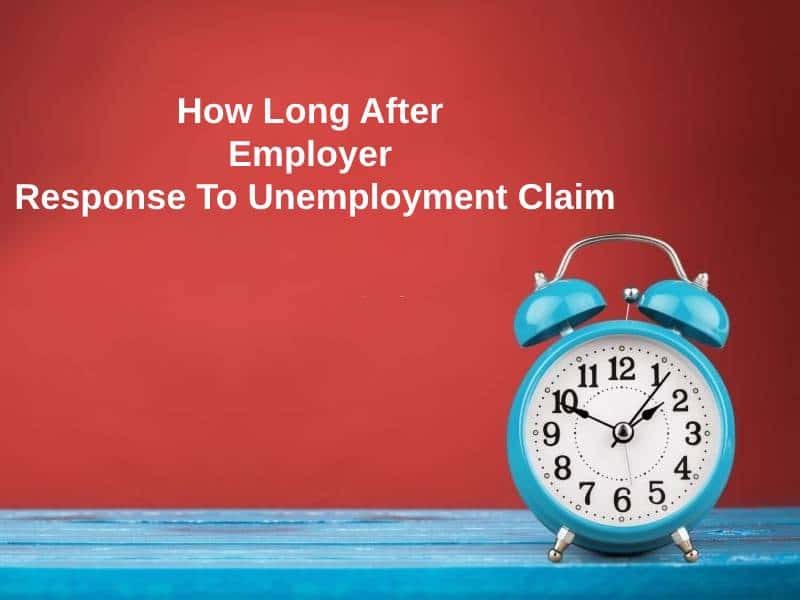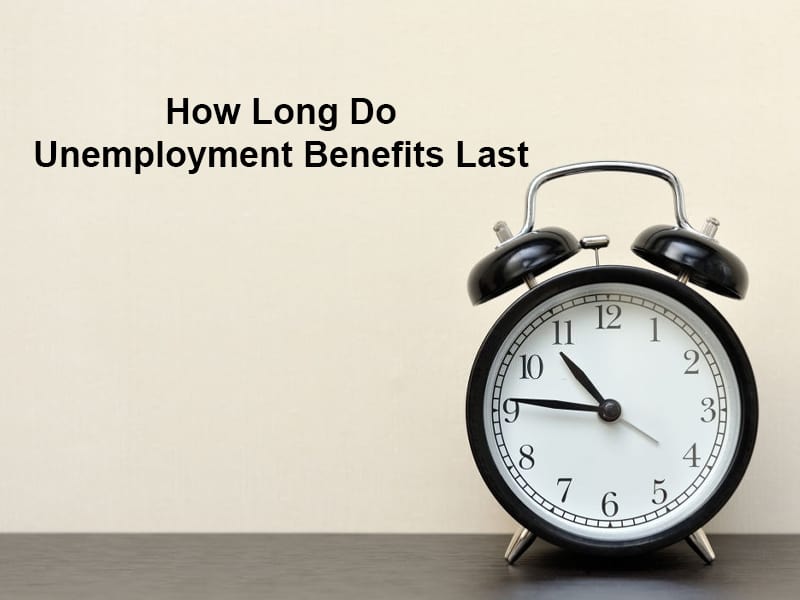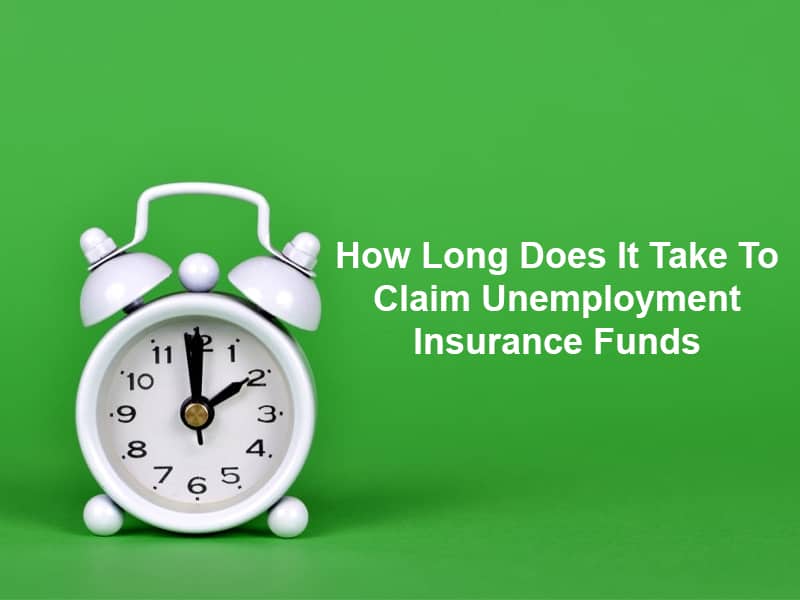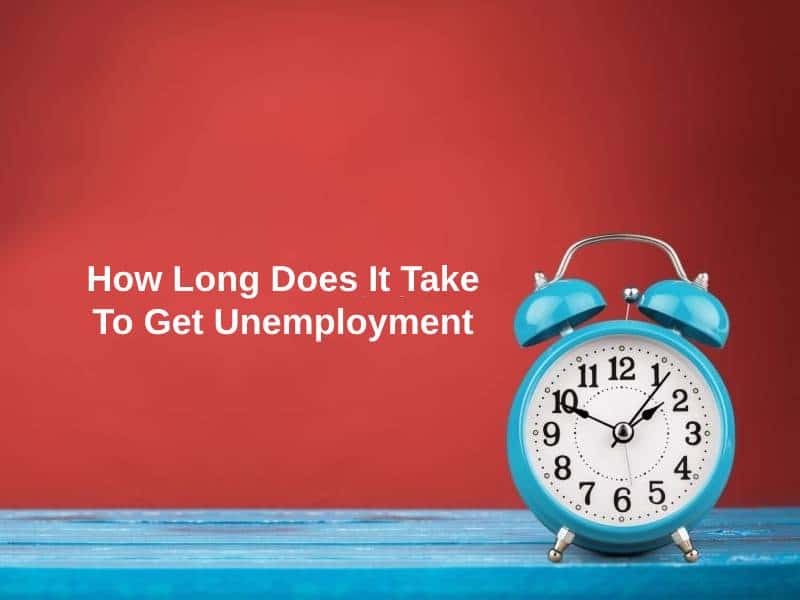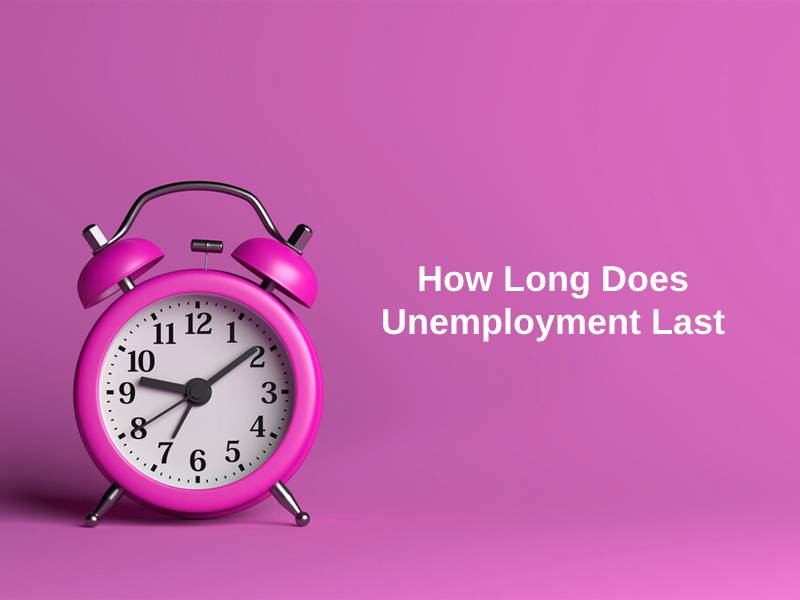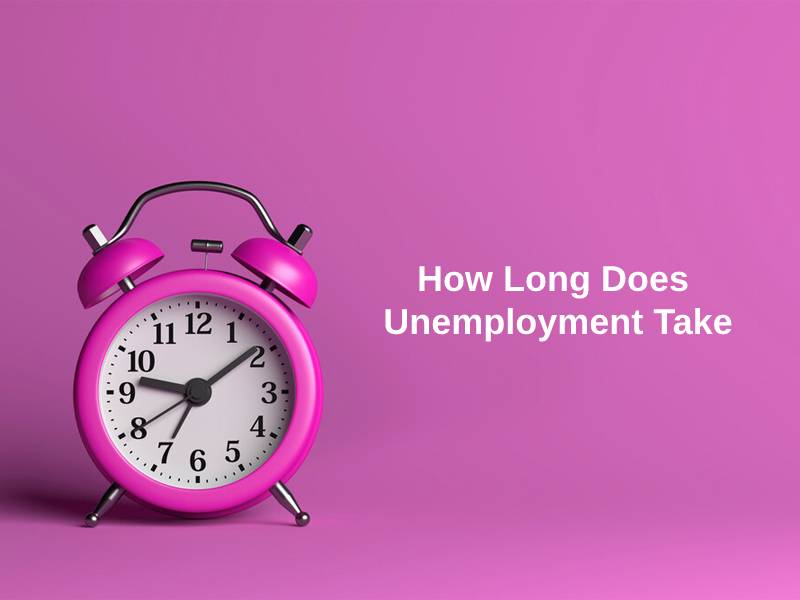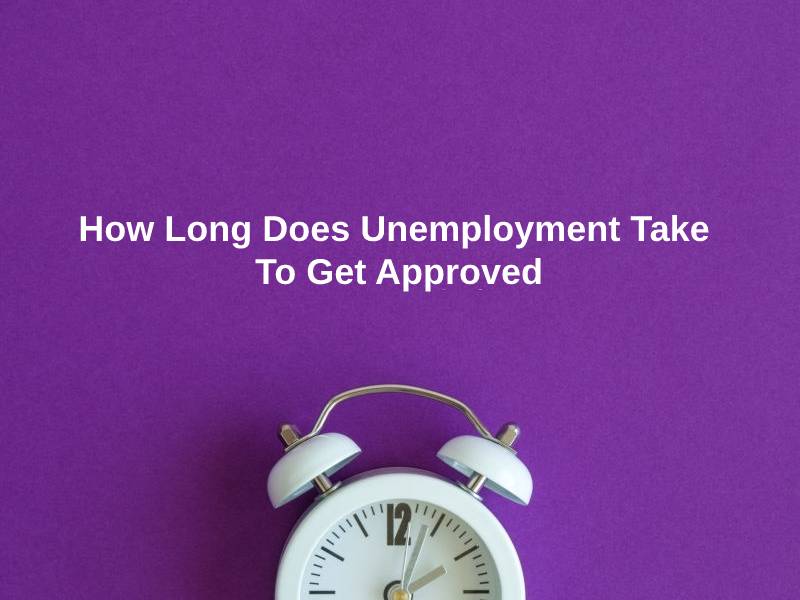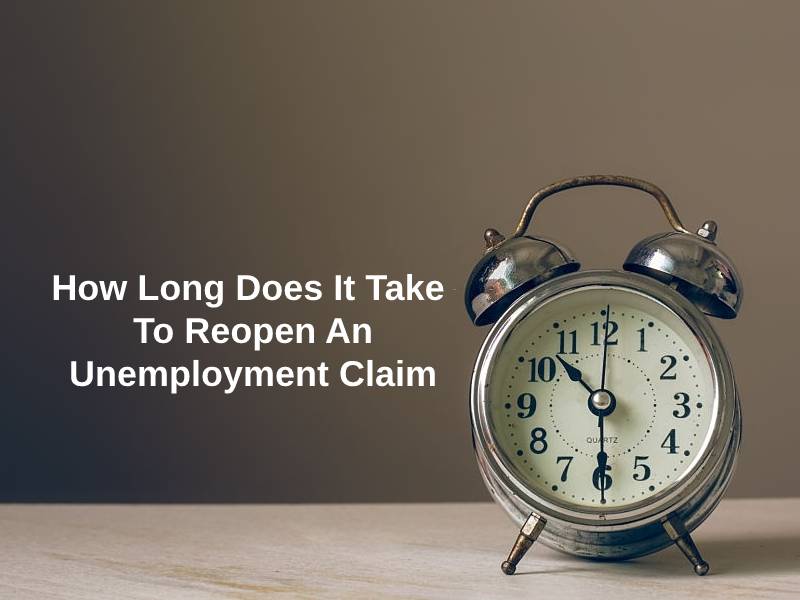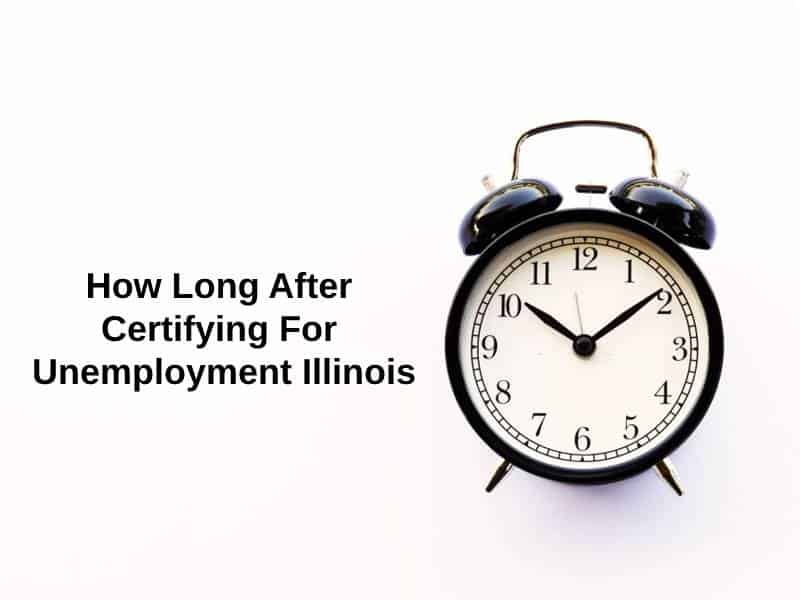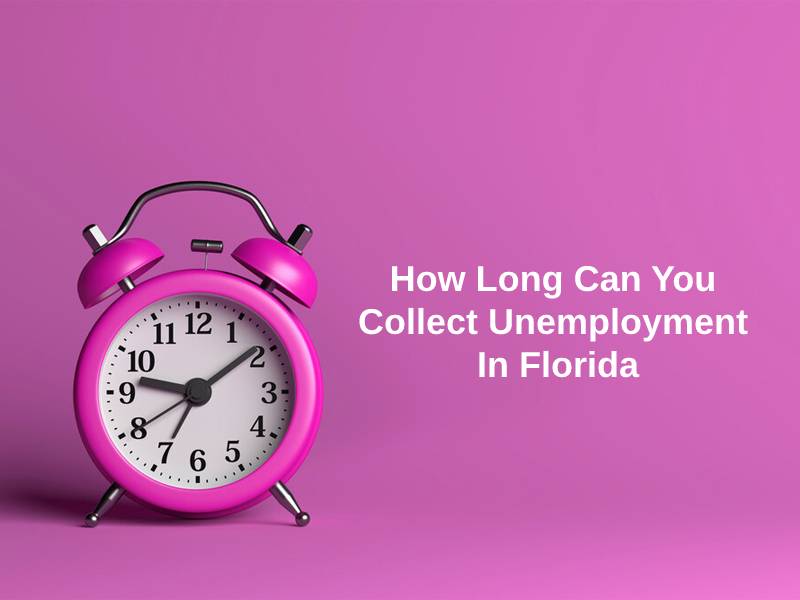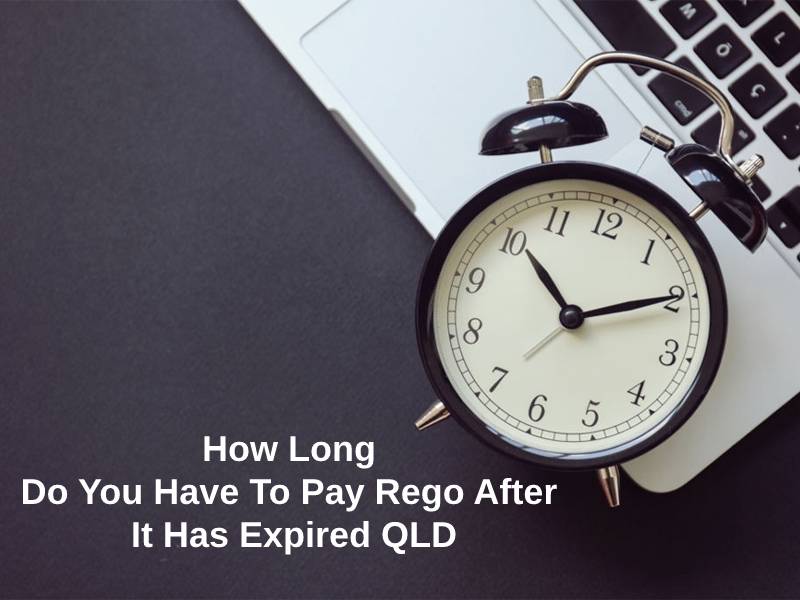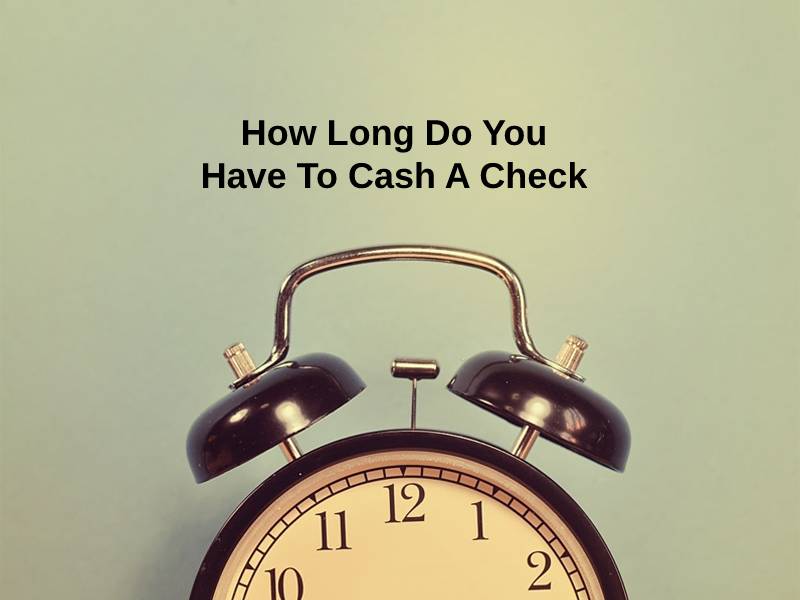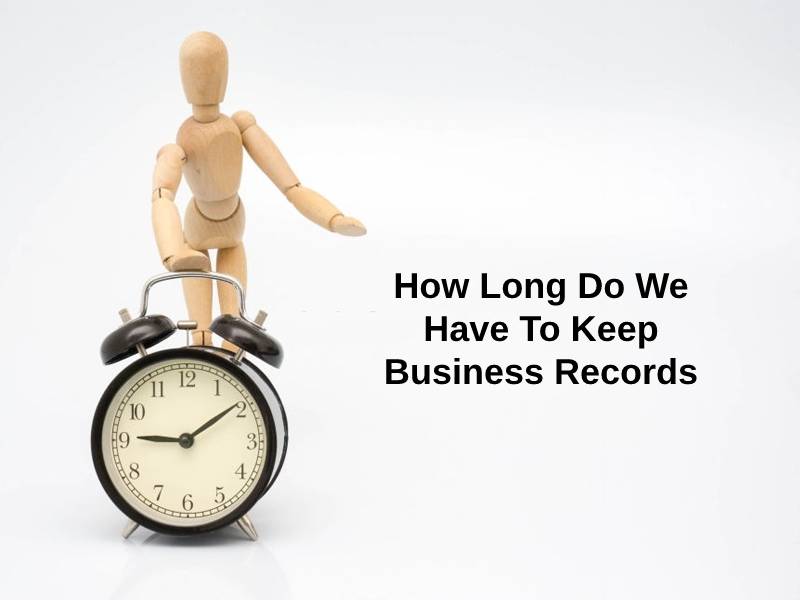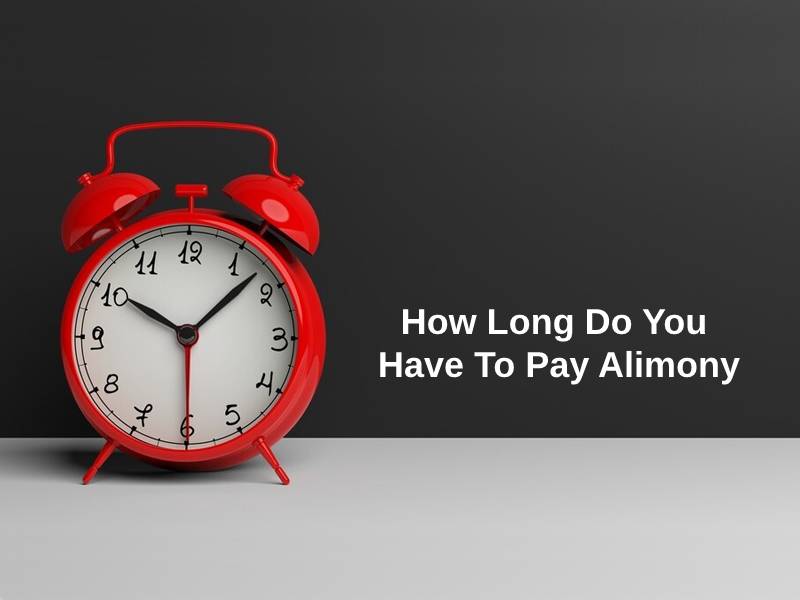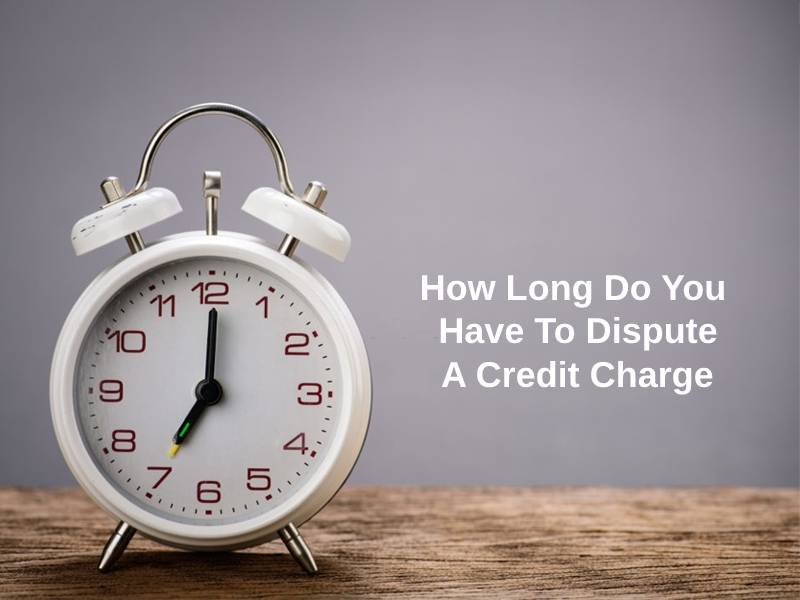Exact Answer: 14 Days
Unemployment compensation is intended to assist employees who have lost their jobs with a temporary source of income. Unemployment compensation is given to people who’ve lost their jobs due to no mistake of their own. The unemployment compensation scheme is a joint venture between the federal government and the states. Employer taxes are used by states to fund monthly jobless benefits.
Employers having a higher proportion of former employees seeking unemployment benefits pay a higher tax rate since these payments are experience-rated. Taxes are due every three months, with a few exemptions. Since an employer’s taxes are directly affected by the experience grading of unemployment claims, it is in the employer’s best advantage to fight any unjustified claims.
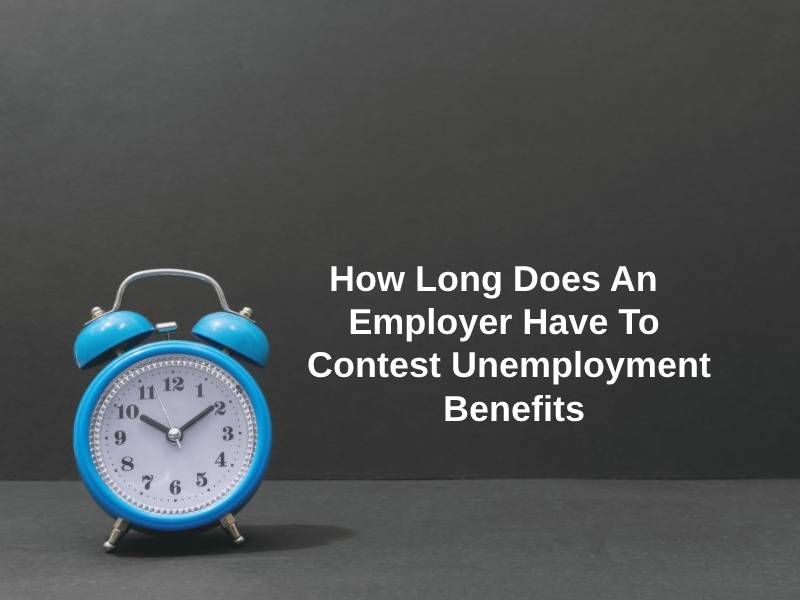
How Long Does An Employer Have To Contest Unemployment Benefits?
| Type Of Appeal | Duration |
| Appeal For Unemployment Benefit | 14 Days |
| Employer Protest | 10 Days |
A work separation occurs when a worker no longer performs specific services for compensation, and the employee is free to request an initial claim for unemployment benefits. Benefits are provided if the applicant can demonstrate that he is unemployed due to no wrongdoing of his own and is otherwise qualified.
TWC delivers notification of the initial claim to the last employed unit, the company or individual listed on the claim form in which the claimant last worked for pay, shortly after the claim is filed. The employer has 14 calendar days to respond in writing and become a party of concern with appeal rights by filing a proper written response.
It’s critical to respond quickly and effectively. If TWC decides that the initial payment of compensation to the claimant was the consequence of the employer’s delayed or insufficient claim reply, and the employer has demonstrated a trend of untimely or poor claim answers in the past, the employer will be refused chargeback security.
Whether an ex-employee is eligible for unemployment benefits is decided by your state’s unemployment office, not by your firm. Yet, you have the opportunity of disputing an employee’s unemployment benefits claim, which provides your employer with a lot of influence.
In California, for instance, except if the employer opposes the unemployment claim, the unemployment board supposes that a dismissed employee did not take part in misbehaviour that would preclude the individual from receiving unemployment benefits. As a result, unless the former company opposes the claim, dismissed employees in California obtain unemployment benefits.
Why Does It Take That Long For An Employer To Contest Unemployment Benefits?
There is almost no basis to dispute the claims if the worker was dismissed for reasons other than misbehaviour, such as bad work, carelessness, poor judgement, or an inability to master new skills. Even when an employee commits wrongdoing, as part of severance pay, your firm may choose to waive its right to challenge an unemployment insurance claim, notably if the fired employee appears likely to sue.
To put it another way, your firm would agree not to challenge unemployment benefits, and the employee would promise not to sue you. Your employer should only fight a claim if it has reasonable grounds to do so, such as if the employee participated in serious misbehaviour or left without good reason. Even then, your business should have a compelling, practical reason to compete.
So, proceed cautiously if your firm intends to challenge an unemployment benefits claim. These conflicts not only take time and energy, but they also make the former worker an adversary. The employee may even pursue a wrongful termination case that may have been prevented if the situation had been handled differently. If the sacked employee has coworkers who stay on the job, they may have doubts and distrust about your company’s techniques as well.
You should conduct some research before making any judgments by calling your state’s unemployment office for comprehensive information regarding the law in your area. This office can estimate the impact of a favourable unemployment benefits claim on your firm’s charges.
Conclusion
If you’ve been laid off, suspended, resigned for good reason, or dropped a seasonal job, you may be eligible for unemployment benefits in the manner of periodic cash payments. Workers whose duties have been reduced may be eligible for unemployment benefits in some instances. A person must meet the state’s criteria for money earned or time spent during a certain reference period to become eligible for unemployment benefits.
Undoubtedly, an employer can fight an unemployment claim but do so cautiously. You’ll be informed via mail if a former employee claims unemployment.
The notification will include information such as why the person departed, whether they were denied employment, as well as whether severance money or other benefits are still being paid. At this stage, you must decide whether to accept or reject the claim. You should accept the worker’s claims if it is genuine. On the other hand, you’ll probably want to fight the claim if the notice contains incorrect information or if the employee was terminated for cause.

